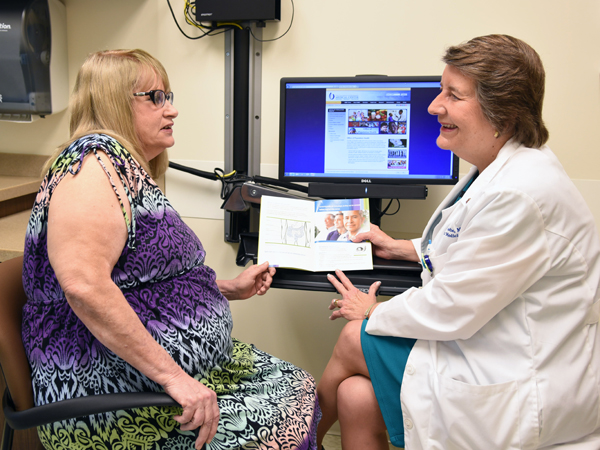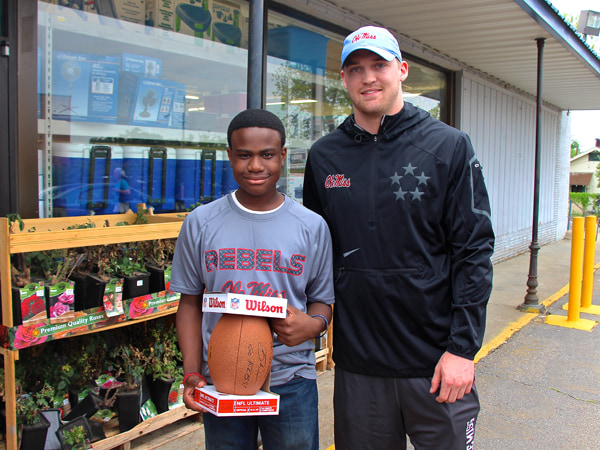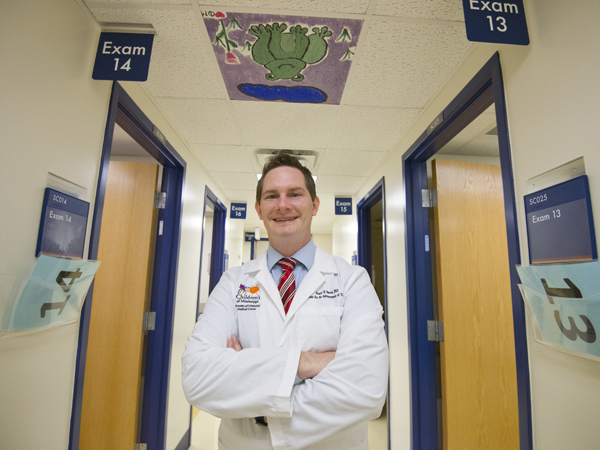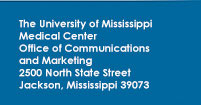|
A common symptom found in children with attention deficit hyperactivity disorder (ADHD) - and one long believed to be a main hindrance to a child's development - actually could be a learning trigger.
|

|
It's not unusual - sometimes, the norm - for a patient's medical problem to be caused by factors that are entirely non-medical.
|
|
Batson Children's Hospital patient Jacob Partlow just caught a pass that traveled more than 300 miles to land in his hands.
|

|

|
A number of interesting events is scheduled for the upcoming week at the Medical Center.
|
























